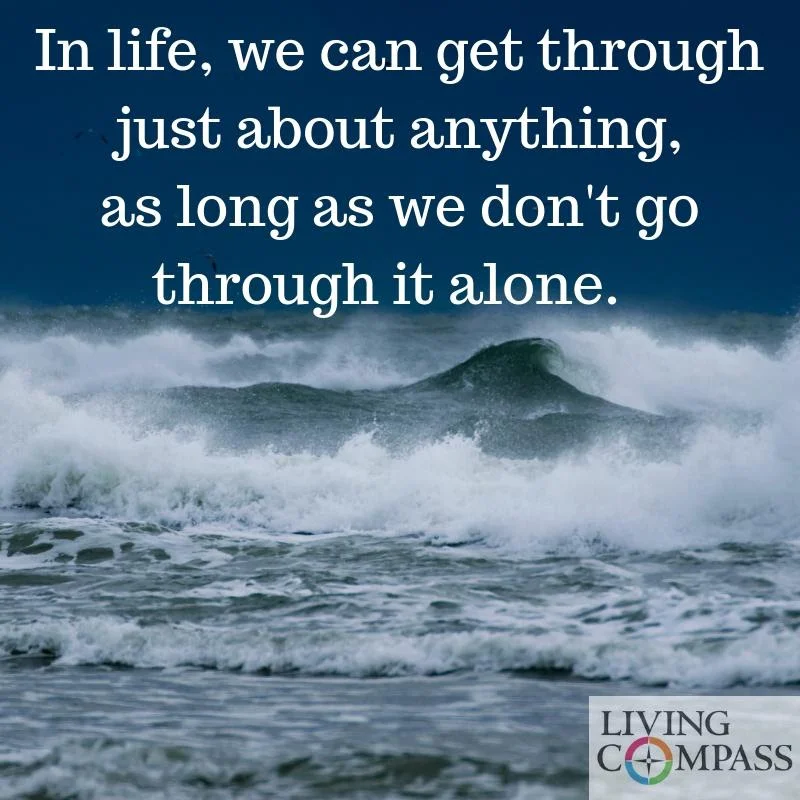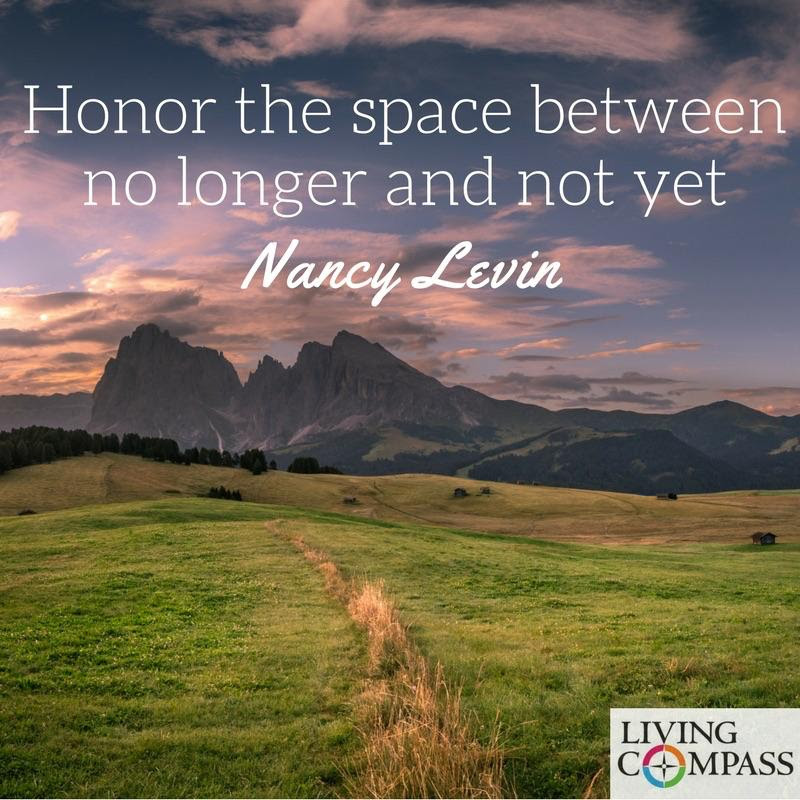Storm Predictions and Preparation
Our nation's attention has been gripped by the predictions surrounding Hurricane Florence this week. As I write this column on Thursday afternoon the storm has not yet made landfall and forecasts as to its intensity, and exact path are still shifting. My heart goes out to the millions of people being affected by this storm.
Whenever a major storm occurs, it is common to hear people complain after the event that predictions of the storm were inaccurate. When the storm's intensity and exact location turns out to be different from what was forecast people find themselves wondering how the experts could have been wrong in their predictions. I imagine that some of the questions are merely a product of the general stress that people often feel when a storm has disrupted their lives, others because we would like to think we humans can figure everything out. It seems that the weather forecasters are as good as any other target for people to direct their frustrations.
What I find amusing about people being upset with storm forecasters is that severe storms by their nature are far outside the range of normal conditions. They are therefore inherently difficult to predict. Behaving in ways that are unpredictable are what make storms, well....storms. It seems clear that even with all our best technology, nature has a mind of its own. The benefit of most storm forecasts is not that they are perfect in forecasting the exact details of what will occur, but that they give us a warning. They are meant to provide us with a general warning, so we have time to get prepared for extreme and unsafe conditions.
Just this week I, too, found myself in the role of a storm forecaster, and so maybe that is why I am feeling some empathy for those who make their living forecasting the weather. A colleague was describing a significant change through which she was leading her organization, and together we agreed that storms were on the horizon as this change began, emotional storms related to changing the status quo. I also had a conversation with a young couple who is about to have their first baby. We talked about the joy and excitement they felt. I thought it was important to remind the new parents as well that there would probably be some storms ahead as this significant change in their current sense of "normal" was sure to feel disruptive and chaotic at times. As in weather predictions, it is never possible to predict the exact details of the emotional storms that usually accompany significant change, including how severe the storms will be, how much disruption they will cause, and how long they may last.
Planning to retire? I predict there will be a storm ahead. Starting or ending a relationship? A chance of storms is clearly predicted. Moving? Starting or leaving a job? A child leaving for a place of their own? A new child in the family? A new initiative at work? If you answered yes to any of these questions, then storms are likely to occur.
And as any storm forecaster will tell you, it is essential to be prepared. Some of the wisest advice for preparing is what we heard this week regarding Hurricane Florence-don't minimize the seriousness of what is ahead, don't try to be a hero and go it alone, and know that are many people and organizations that you can turn to for support to help you recover. And if the storm is life-threatening, you may need to evacuate.
My prayers go out to all whose lives are currently being impacted by any kind of storm. And this week, I especially pray for those who are being affected by Hurricane Florence, along with the first responders and emergency personnel who will be leading the recovery efforts in the weeks and months ahead.
Subscribe Now to Weekly Words of Wellness:
Click the button below to signup for the e-mail version of Weekly Words of Wellness. This weekly article can be shared with your community electronically and/or used for group discussion.
You can unsubscribe at any time.




